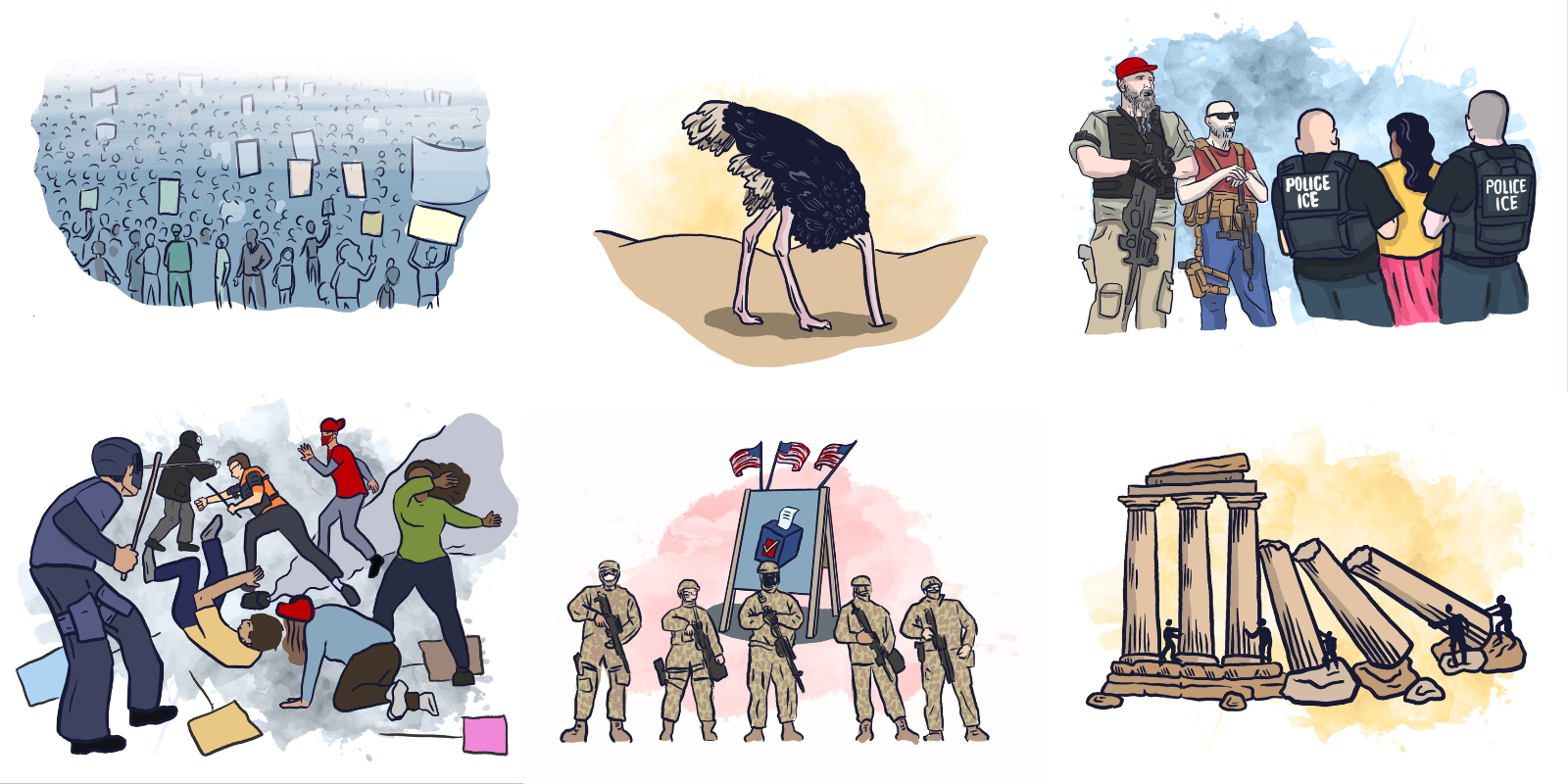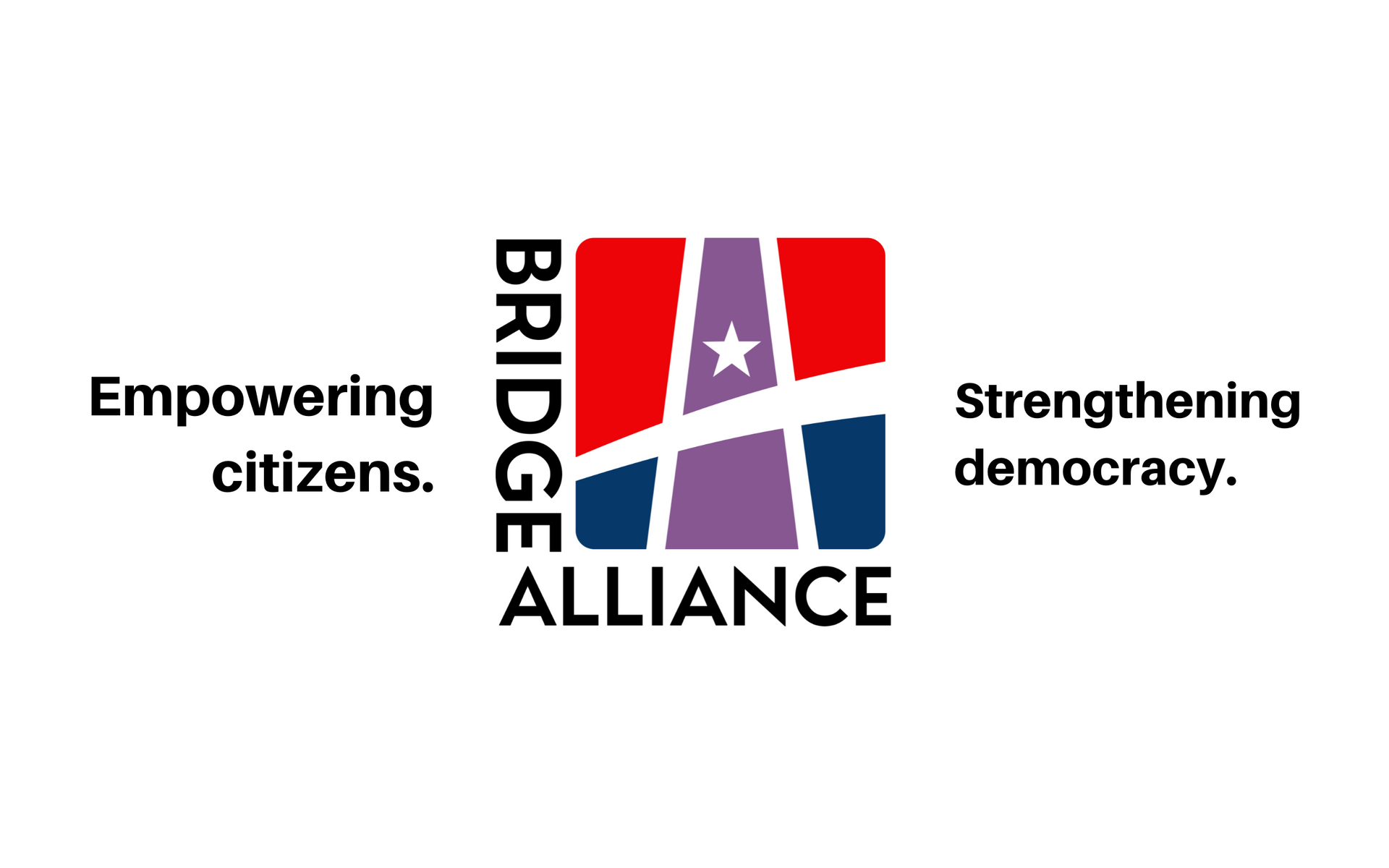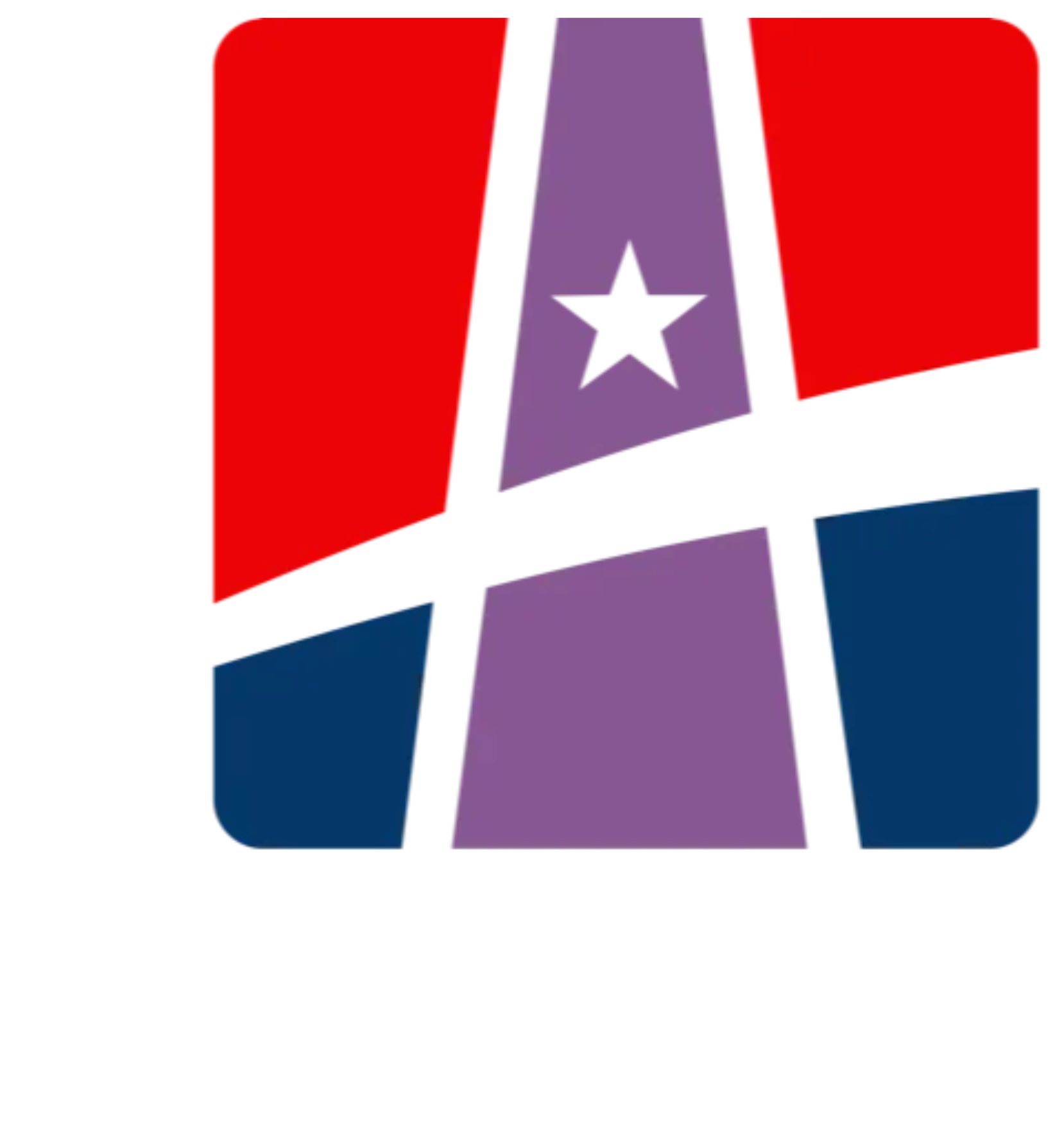What's the Worst That Could Happen?
Managing election anxiety and building resilience
As we approach the 2024 presidential election, now less than five months away, the nation is enveloped in a climate of urgency and concern. Conversations around kitchen tables, in boardrooms, and across social media platforms are dominated by a palpable anxiety about the future of our democracy. This election feels different because it is different — marked by deep polarization, misinformation and a growing distrust in our electoral processes.
Americans are deeply worried about the integrity of the upcoming election. Concerns range from the potential for foreign interference to the spreading of false information online and from the fairness of the electoral process to the specter of voter suppression. This pervasive anxiety is taking its toll, and many of us are struggling with feelings of instability, loss of control, and unpredictability. One helpful technique for managing these feelings is “decatastrophizing,” a cognitive behavioral therapy method that involves challenging and reframing catastrophic thoughts. By asking yourself, “What’s the worst that could happen?” and then balancing it with the most likely and best-case scenarios, you can bring clarity to your thoughts and reduce anxiety. This technique helps us realize that the worst-case scenario is often less probable than it seems when it’s just running through our minds.
Reflecting on this, I recall how much I enjoyed the “Choose Your Own Adventure” books as a child. These books offered a way to face the unknown and explore various outcomes, which reminds me of the importance of proactive thinking in uncertain times. This week, I came across a resource shared by multiple people in our community from Choose Democracy. Its tool, styled as a “Choose Your Own Adventure,” asks, “What If Trump (or Biden) Wins?” and offers (and will soon add additional) scenario-planning tools and resources to help individuals and organizations prepare for potential election outcomes.
The interactive site intends to explore different paths of resistance and their impacts on democracy, featuring interviews, strategy articles, and facilitator guides for scenario planning. While it’s framed with specific assumptions about behavior consistent with Trump’s past actions and stated plans, it is not a tool that addresses all predictions or concerns. However, people have offered feedback that walking through these scenarios serves as a reminder to stay focused on resilience and action. Regardless of the election outcome, our work towards a healthy democratic society continues to be critical well beyond 2024.
As we prepare for the upcoming months, remember that proactive thinking and preparation can help mitigate feelings of helplessness. Our commitment to a healthy democratic society will persist, reinforcing the importance of staying engaged, informed, and resilient in the face of challenges.
Featured Content
- 92NY Belfer Center for Innovation & Social Impact and Essential Partners (Resource) June 3rd: The Share Our Organization Toolkit: A 5-Step Guide to Catalyze Organizational Change
- AllSides, Citizen Data (Article) May 31st: NY Hush Money Trial Could Spell Trouble for Trump in November
- American Values Coalition (Blog) June 1st: Meta and Churches Both Throttle Politics
- Ballotpedia (Resource) June 4th: Deep dive into understanding campaign finance regulation differences for candidate elections vs ballot measures
- FairVote (Article) May 31st: Primary elections aren't working. New research points to a better way forward.
- Horizons Project (Newsletter) May 30th: THE VISTA: May 2024
- Independent Voter (News) June 3rd: Amendments Snuck Into CO Elections Bill to Thwart the Will of Voters
- National Civic League (Article) May 27th: Financing Local Wellbeing
- Network for Responsible Public Policy (Video) May 26th: Identity in Urban-Rural Political Division: Consequences and Solutions
- RepresentWomen (Blog) June 3rd: Women at the Front and Center of Mexican Politics: What Can the U.S. Learn?
Podcasts
- The McCourtney Institute for Democracy (Democracy Works) June 3rd: Season finale: Protests, debates, and the "meh" election
- Ballotpedia (On The Ballot) May 30th: This year's trending ballot measures
- DaviesContent (How Do We Fix It?) May 30th: The Case For Ranked Choice Voting. Rob Richie
- The Democracy Group, May 29th: Introducing Jonesin' Around | TDG Fellowship
- Common Ground Committee (Let’s Find Common Ground) May 23rd: How The Media Rage Machine Divides America: Chris Stirewalt
Citizen Connect Featured Events
- Crossing Party Lines (June 9th @ 7:00 pm CDT) Who are the Immigrants?
- Bipartisan Policy Center (June 11th @ 9:30 am EDT) 2024 Summit on Housing Supply Solutions
- Living Room Conversations (June 11th @ 4:00 pm PDT) LGBTQIA+: Author Talk & Living Room Conversation
- Fix Democracy First (June 12th @ 5:00 pm PDT) Democracy Happy Hour
- Citizen Discourse (June 13th @ 11:00 am CDT) Conversation Collective
Featured Fulcrum Articles
- John Opdycke, May 27th: The speech Joe Biden won't give
- Mikayla Paquette, May 27th: Community through basketball is a slam dunk for future generations
- Sam Daley-Harris, May 30th: Taylor Swift: 'I need to be on the right side of history'
- Rajiv Vinnakota, May 30th: Universities must renew their commitment to democracy
- Steve Corbin, June 4th: Project 2025 is a threat to democracy
In The News
- Horizons Project (Just Security) June 5th: Clowns, Reverse Boycotts, and Involuntary Walkathons: How Communities are Making Political Violence Backfire
- American Promise (The Hill) June 4th: Pay-to-play politics is killing our democracy — we can save it using the Constitution
- A More Perfect Union: The Jewish Partnership for Democracy (Inside Philanthropy) June 4th: Faith-Based Funding Can Help Protect Democracy
- Open Primaries (The Hill) June 4th: This November, Arizona could change the rules of electoral politics
- Unite America (PBS Newshour) May 30th: How open primaries and ranked-choice voting can help break partisan gridlock





